Kidney Transplantation: Strategies to Prevent Organ Rejection
Transplantation is today firmly established as the therapy of choice for end-stage organ failure. However, despite recent developments, this therapy is still not without challenges and risks: The necessity to take immunosuppressive drugs for the rest of one’s life to prevent allograft rejection trades the morbidity and mortality of organ failure for the risks of infection and cancer as well as for an increased mortality from cardiovascular disease. Thus, there is an urgent need for optimizing the outcome of transplantation by achieving long-term, drug-free graft acceptance with normal organ function. Recently, numerous insights into the dynamic inter-relationship of host immune responses elicited by donor antigen presentation have substantially broadened our understanding of the cascade of events resulting in the acquisition of tolerance. With the pharmacopoeia of the transplant biologist continually expanding, the potential treatment combinations have become baffling and their impact on strategies to induce tolerance even more complex. This book presents novel insights into the pathways of acute rejection and their monitoring through molecular tests, new immunosuppressive agents currently under development as well as the most recent and promising approaches to induce tolerance that have emerged from experimental animal studies.
{{comment.content}}
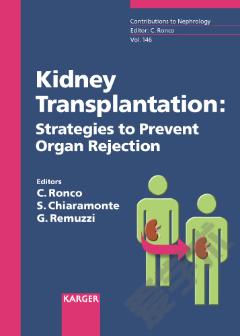
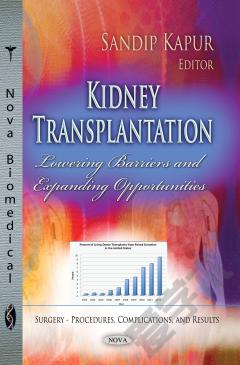
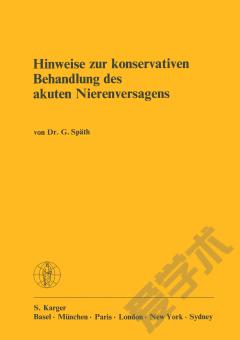
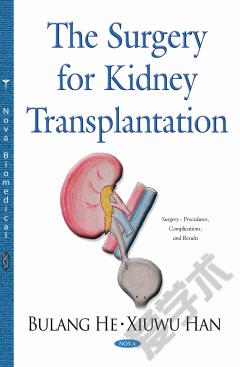
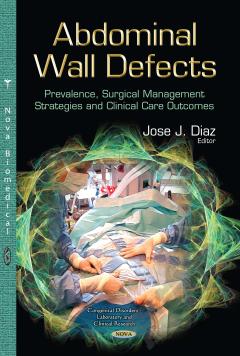
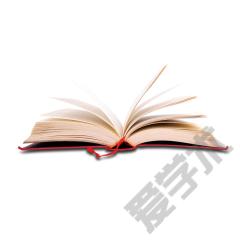
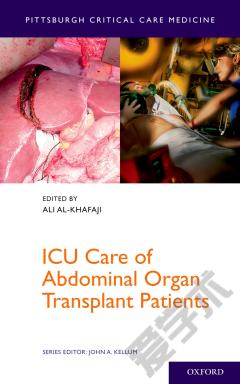

 京公网安备 11010802027623号
京公网安备 11010802027623号